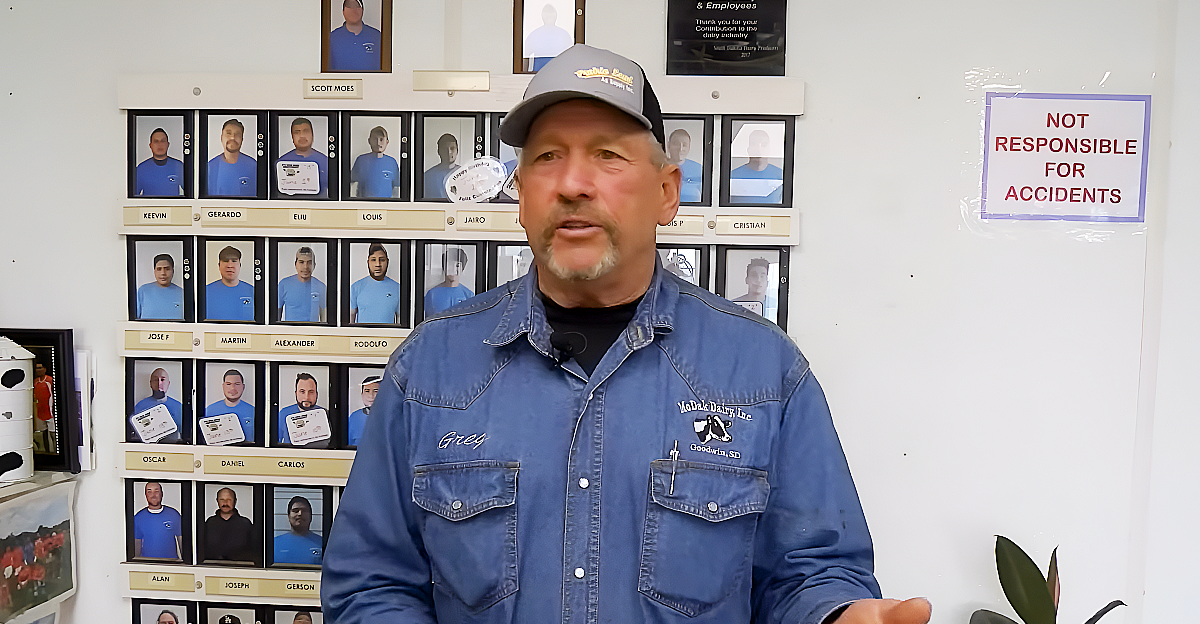
At dawn in Texas, something unusual happened—dozens of farms shut down. Machines came to a standstill, fields left unharvested, animals untended. Why? Because nearly every last farmworker had vanished overnight.
But it wasn’t a strike, hurricane, or technical system failure. It was terror—terror fueled by stepped-up immigration raids and whimsical enforcement. With one moment of silent devastation, the foundation of American agriculture was broken. It’s more than a Texas story.
It is a warning siren ringing out over supermarket aisles and dinner tables nationwide. What becomes of our food chain when fear is the greatest catalyst influencing it?
Fear Took the Shift, Not the Workers
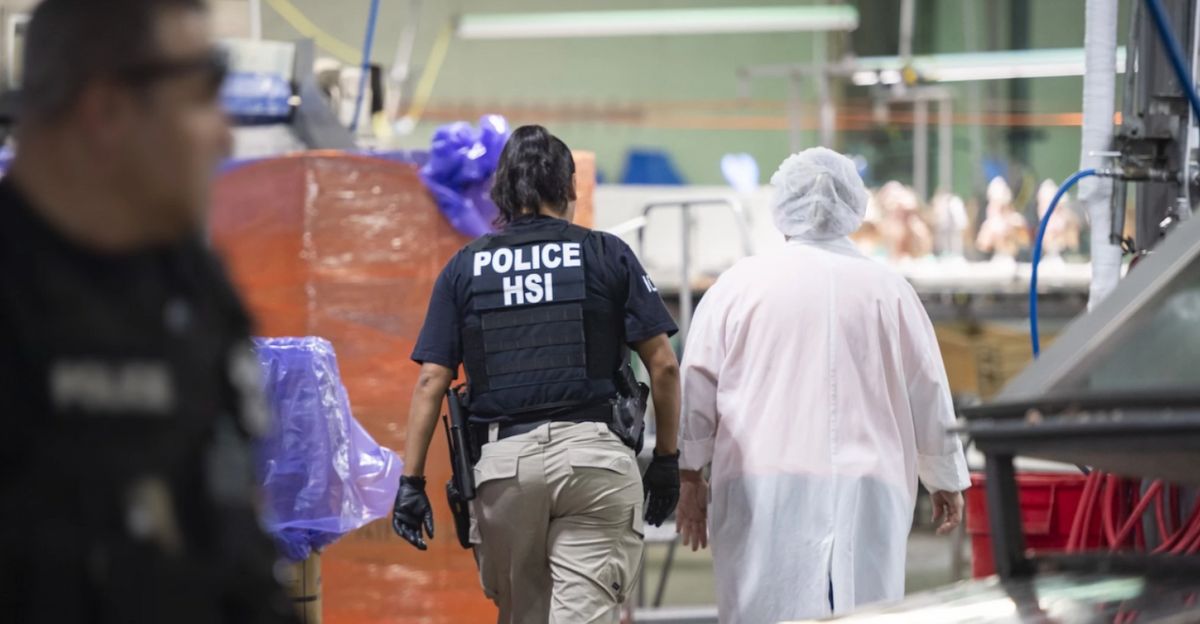
What stunted the farms wasn’t a van or an Immigration and Customs Enforcement border patrol truck—it was pure fear. The rumor of an ICE visit was enough to cause a mass disappearing act.
Employees, some illegal and some just terrified, fled. Not threat was required. Fear took care of it. The silence across the fields was the sound of survival.
Fear as Policy: A New Kind of Enforcement
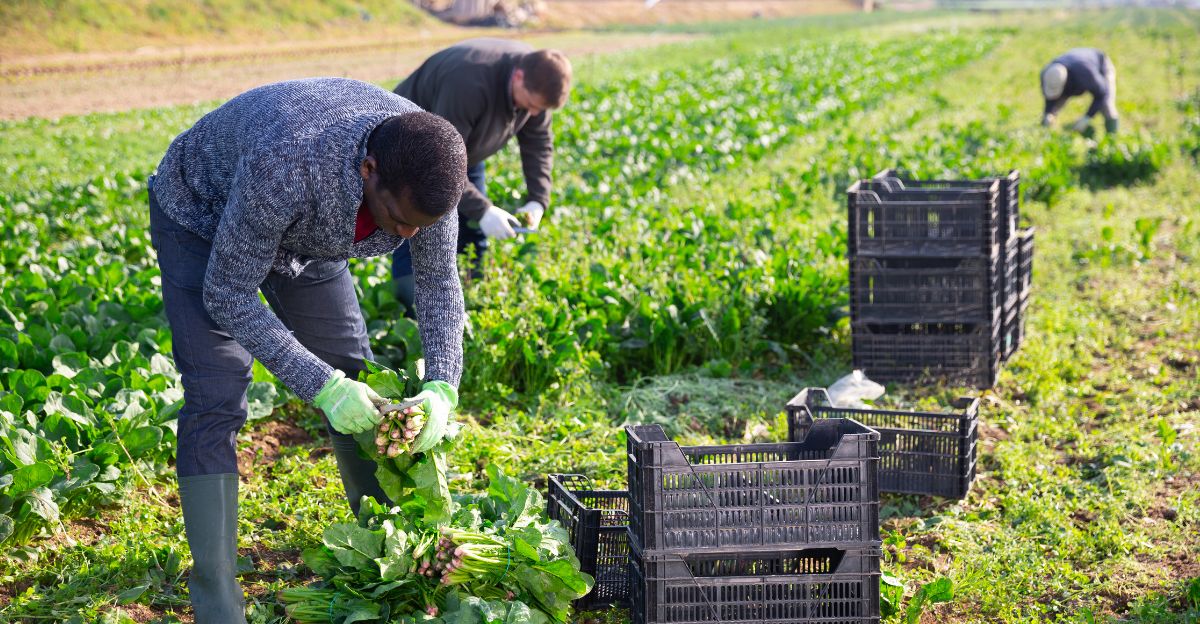
Forget paper trails and court decisions. Fear is accomplishing what policy battles couldn’t—causing labor disruption at scale. The government didn’t need to close down the farms.
It just needed to warm things up. This isn’t immigration reform. It’s psychological warfare on labor stability, and it’s working terribly well… at unraveling the food system.
Farms in Freefall
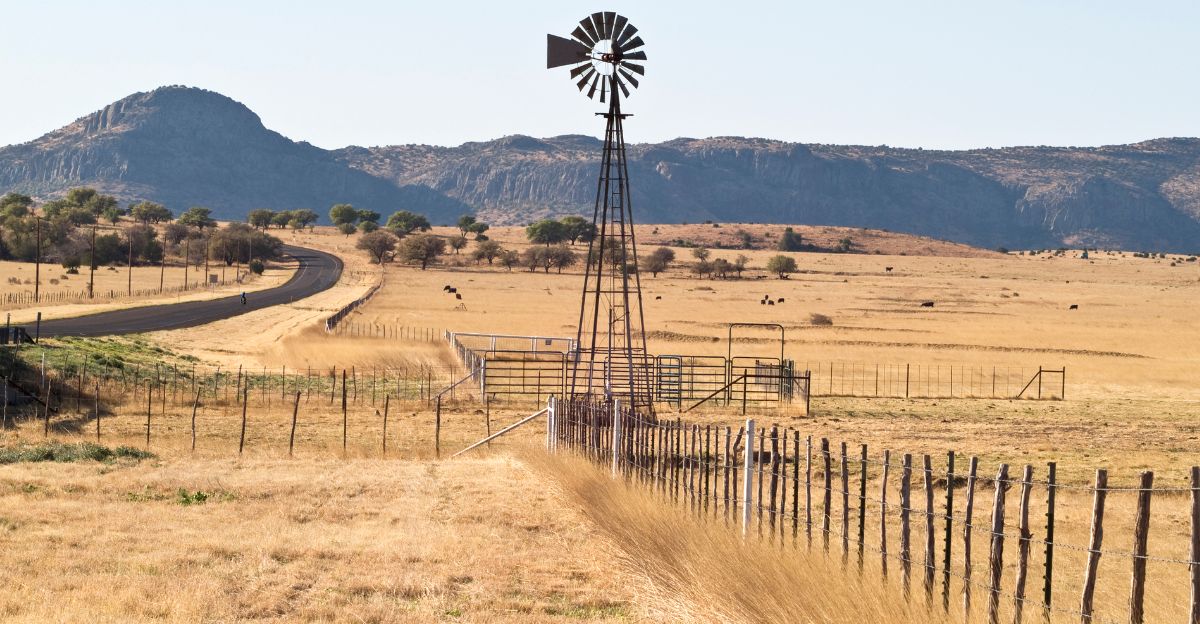
Texas farms lost their entire workforce in under 24 hours. What went wrong? Picked produce left unpicked, deadlines missed, and fruit rotting in the sun.
Some farms attempted to call in a backup team. Others simply shut up shop. An economy that’s based on human hands is now seeing its products wither—literally.
Livestock Left in Limbo
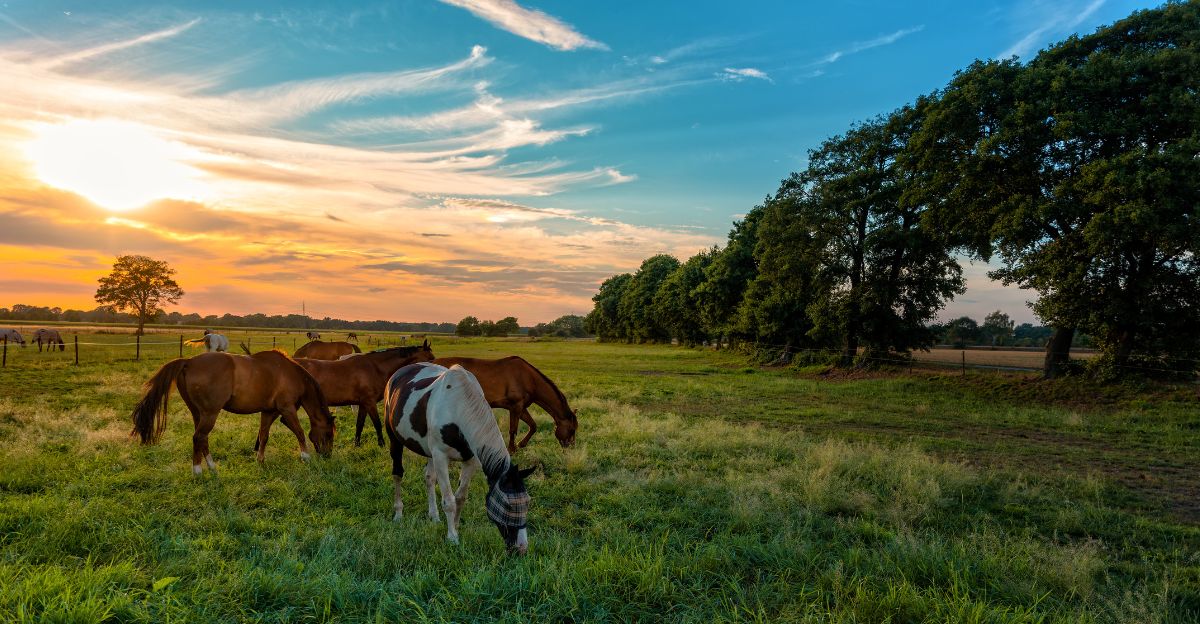
The animal kingdom did no better. Cows were not milked. Chickens were not fed. Horses were left unattended.
The soft rhythm of animal husbandry—watering, shade, feeding, breeding—was broken. Farmers struggled to keep from causing harm, but without laborers, minimal welfare collapsed. Livestock doesn’t wait for politics to sort itself out.
Hidden Victims: Animal Welfare at Risk
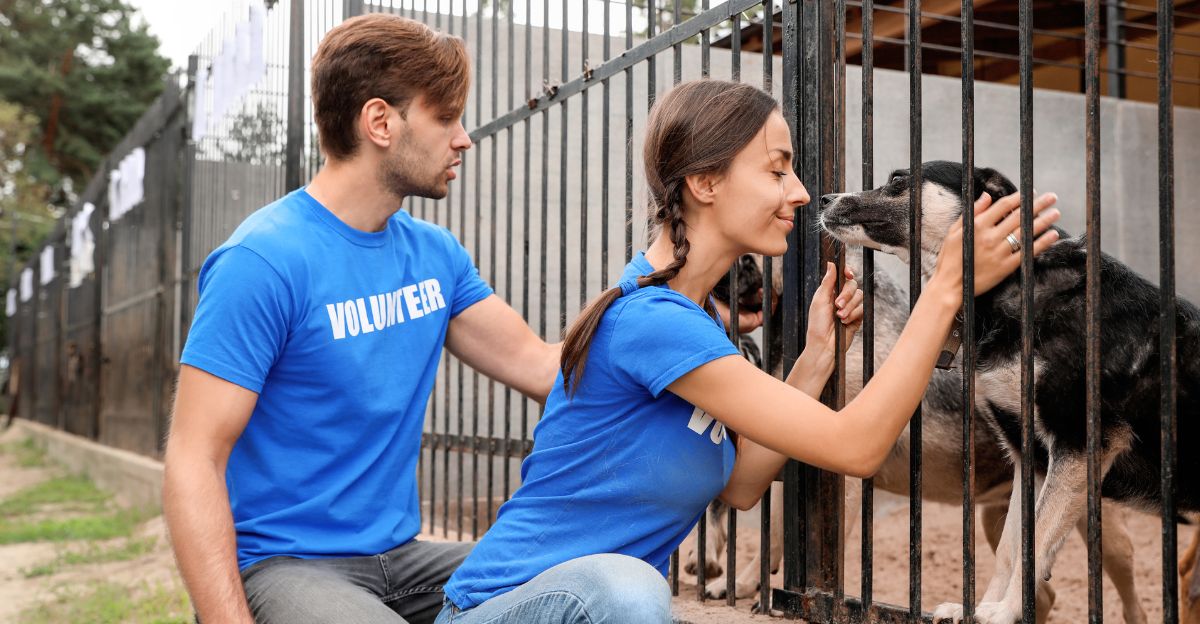
Aside from productivity, there’s a low-key crisis: disease, dehydration, and overpopulation. Local veterinarians received more calls, and shelters began taking in abandoned pets.
Animal welfare organizations are now checking farms for possible infractions, but the majority of harm had already been caused. Animals were incidental victims of political crossfire.
The Environmental Domino
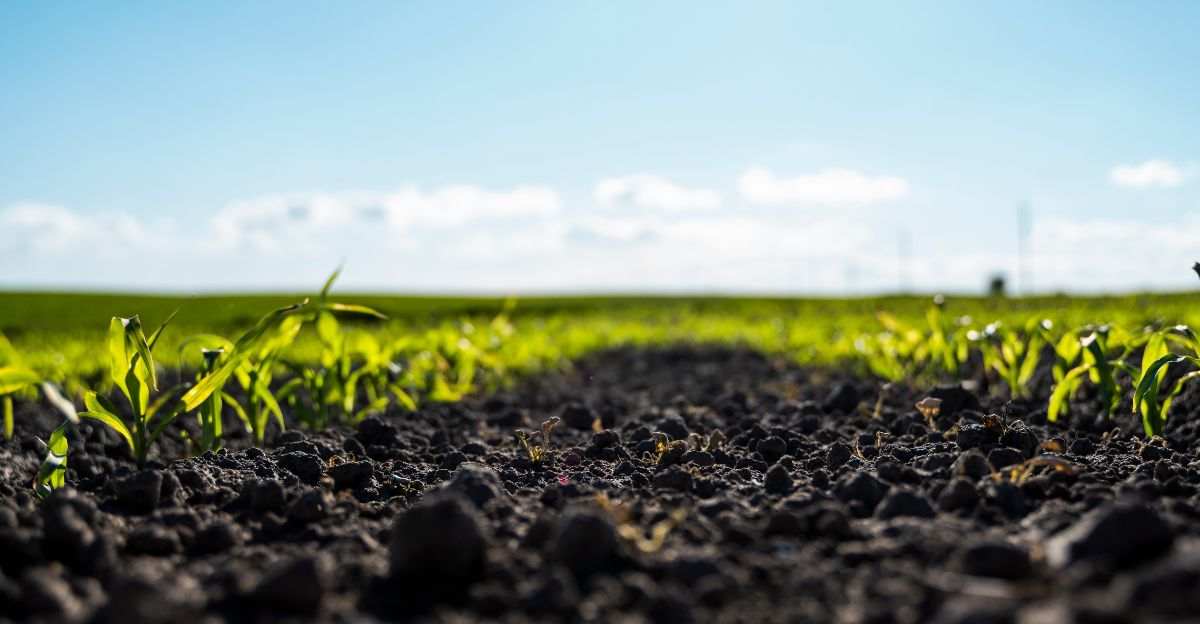
Livestock migration is really overgrazing new ground. It leads to erosion, destroys the soil, and kills local ecosystems. Texas agriculture is already in drought—this just hastens land collapse.
Some of the ground will never be fertile again. The environment cannot recover from fear-induced disturbances as quickly as humans can run away from them.
Grocery Stores Will Feel It Next
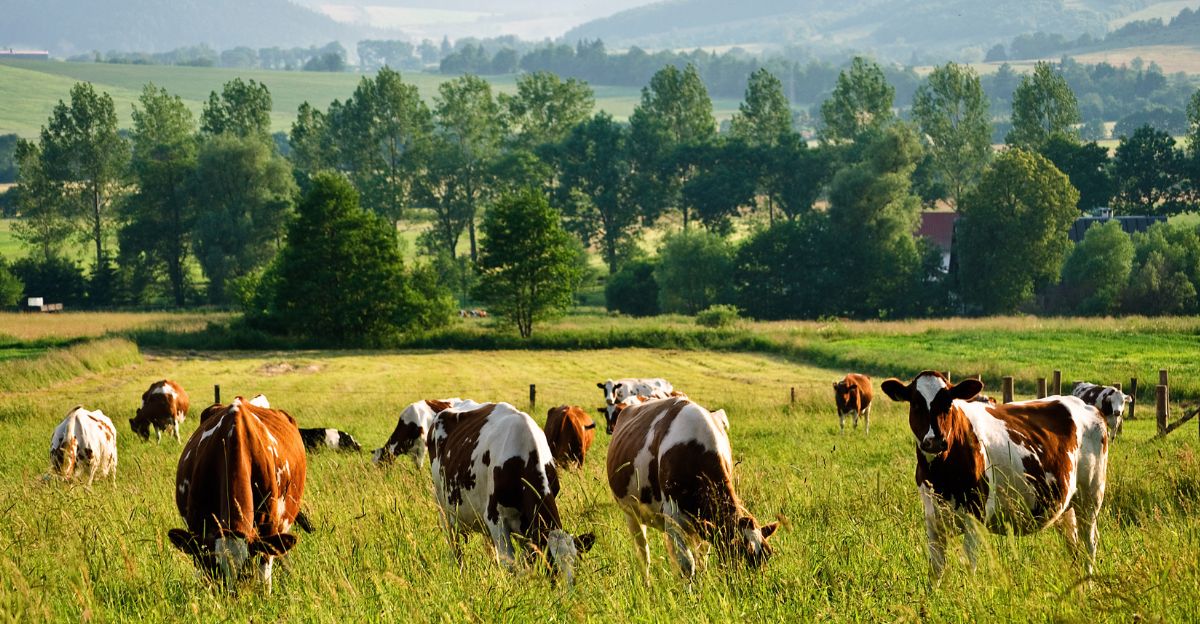
Every unharvested field or ungrazed cow today equals a shortage tomorrow. Expect produce sections to shrink, dairy supplies to drop, and meat prices to soar.
This is how concern in one part of the country spreads into higher receipts and limited options at your local shop. The fall is slow—but unstoppable.
Reddit and TikTok Already Sounding the Alarm
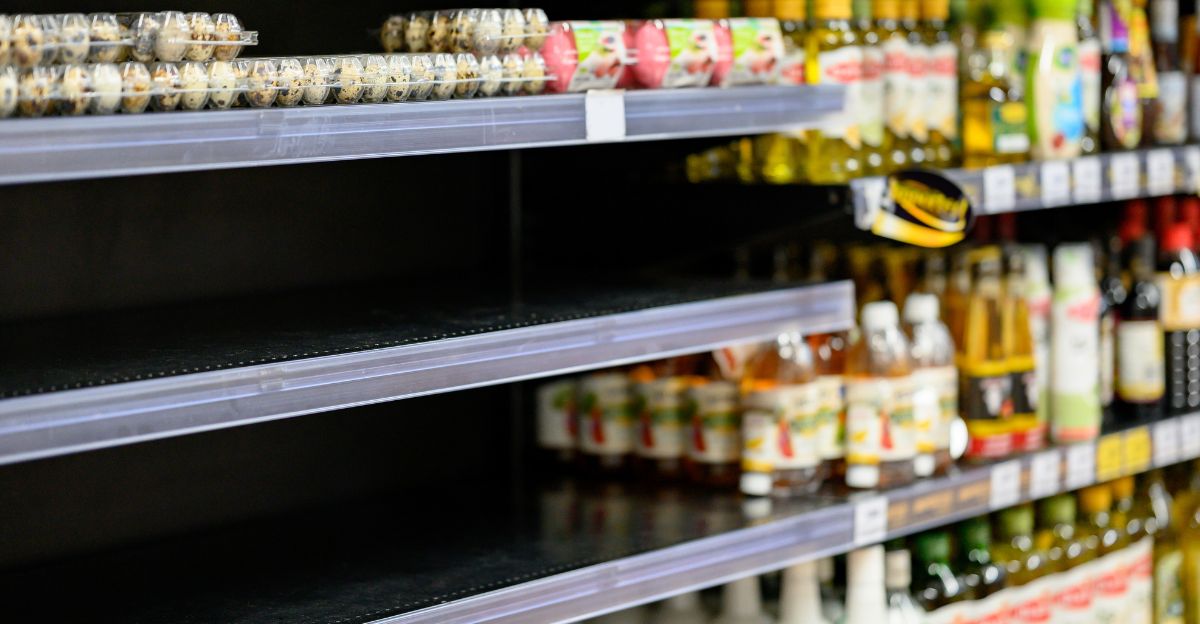
Consumers are starting to feel it. Reddit posts and TikTok exposés are breaking every day—bare shelves, record-high onion costs, and vanishing local eggs.
Consumers don’t necessarily know why, but they feel it. When fear is passed up the food chain, so is confusion and frustration.
Farmers Caught Between Loyalty and Law
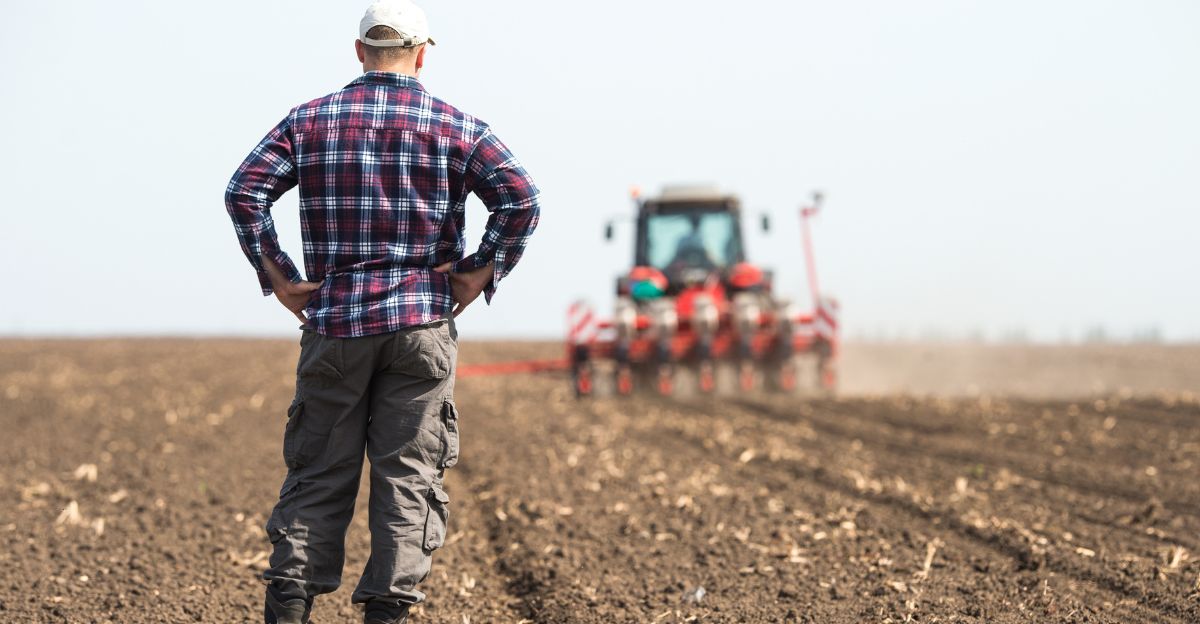
Farms are destroyed. Farmers are devastated. Years of partnerships were wiped out in an instant. Some farmers confess that they would rather close down than employ “strangers on a visa.”
Others are pleading with lawmakers for humane resolutions. Either way, the fabric of American agriculture is frayed.
Automation Isn’t Ready
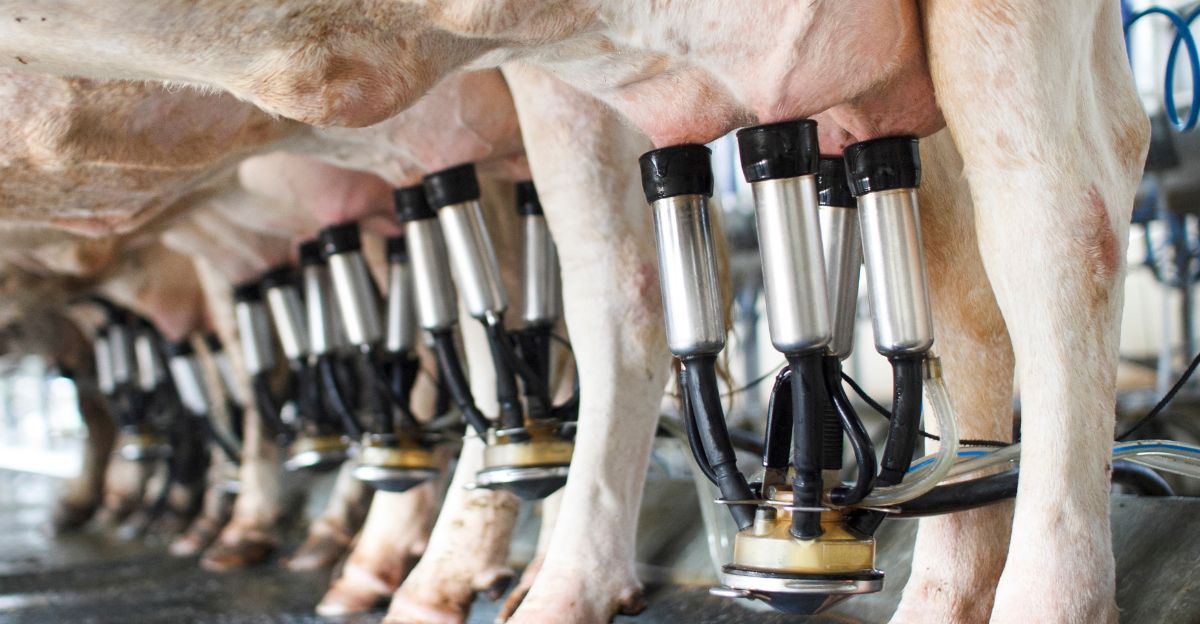
In desperation for solutions, farms are experimenting with robots, sensors, and artificial intelligence. But mechanization will not fix everything.
Machines cannot milk a cow with an infection or detect the fine nuances of animal heatstroke. Human intuition is still irreplaceable for many farm tasks—and fear just eliminated them overnight.
The Real Economic Shockwave
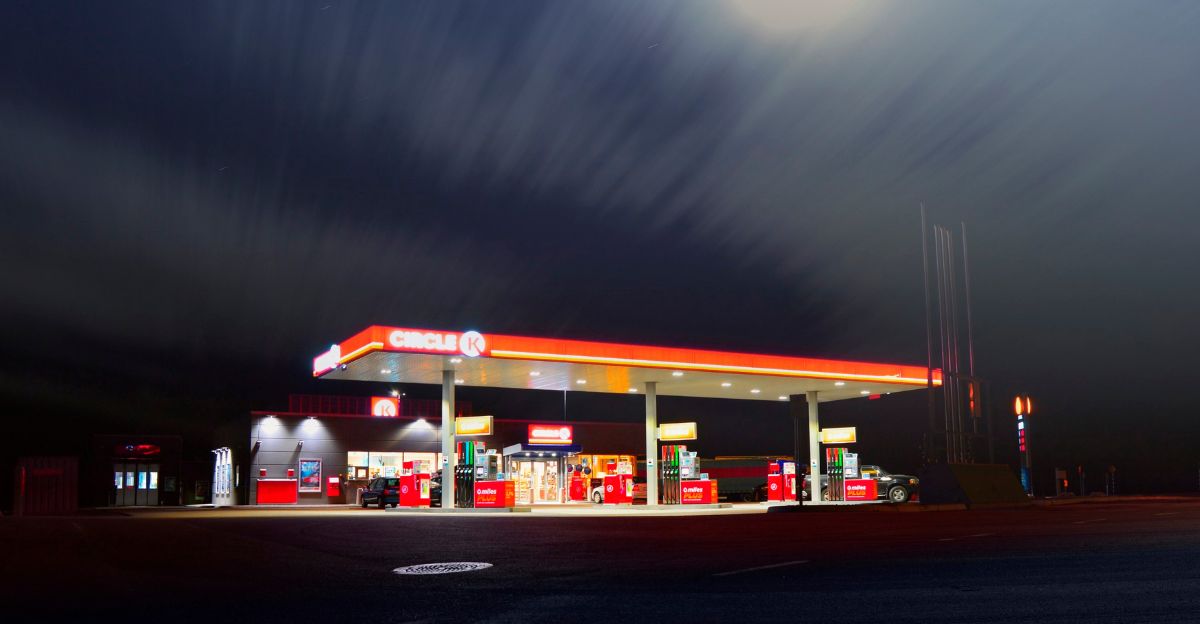
Hinterland Texas is an agricultural economy. So, if the farms collapse, everything else goes with it—truckin’, hardware stores, gas stations, even country schools.
Stand back, and the national landscape is somber: billions in lost revenue from crops, tens of thousands of jobs at risk, and higher food prices just as inflation was lessening.
The Policy Stalemate—And What’s Not Working
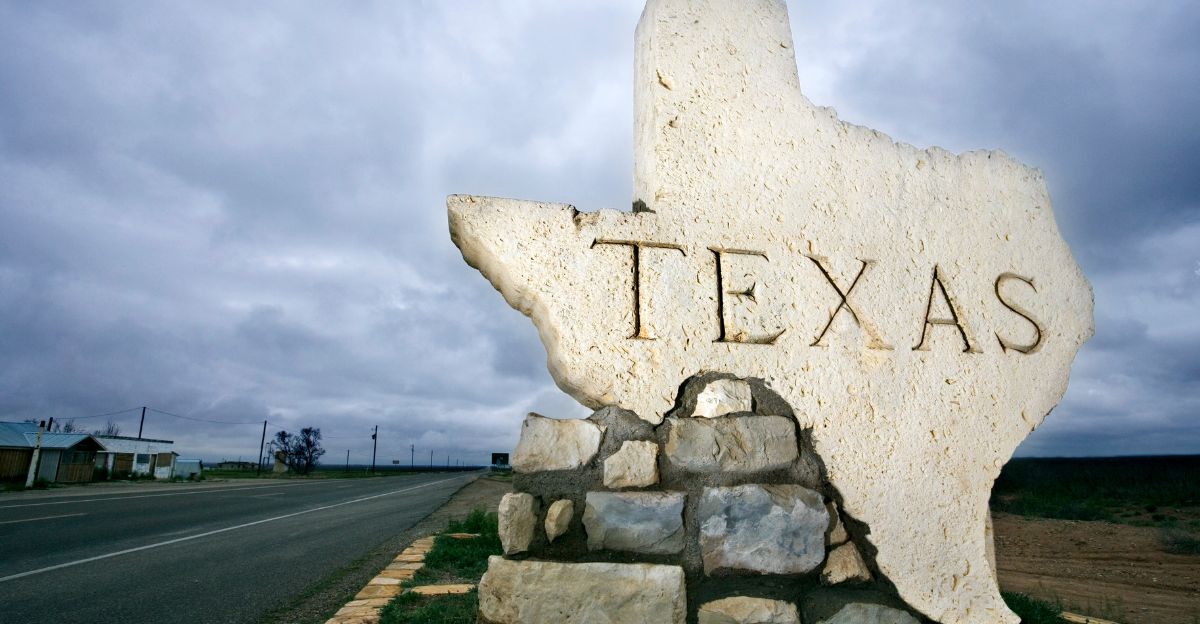
Legislative solutions to repair the crisis are bogged down in red tape. Texas’s effort to create its own guest worker program was a failure. Federal programs creak along slowly and lumberingly.
In the meantime, the shadow of abandoned farms continues to spread—because nobody’s stood in the way to prevent it. The silence of the leadership is deafening.
What Now? Food System on Edge
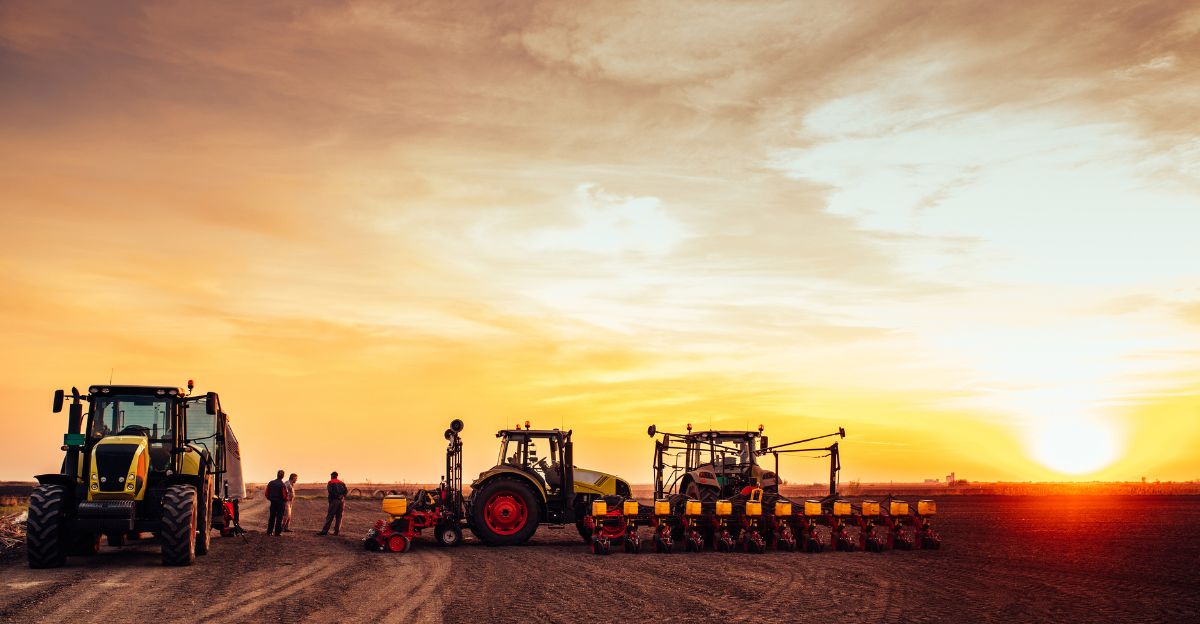
This is not Texas alone. Other states are shopping around. And some of them are waiting in line. If fear is consciously or unconsciously used as a means of labor control, we might see a slow-motion implosion of American agriculture.
Innovation, policy change, or public pressure will have to come quickly. Or else this “new normal” will be the new reality.
Why It Matters—And What You Can Do
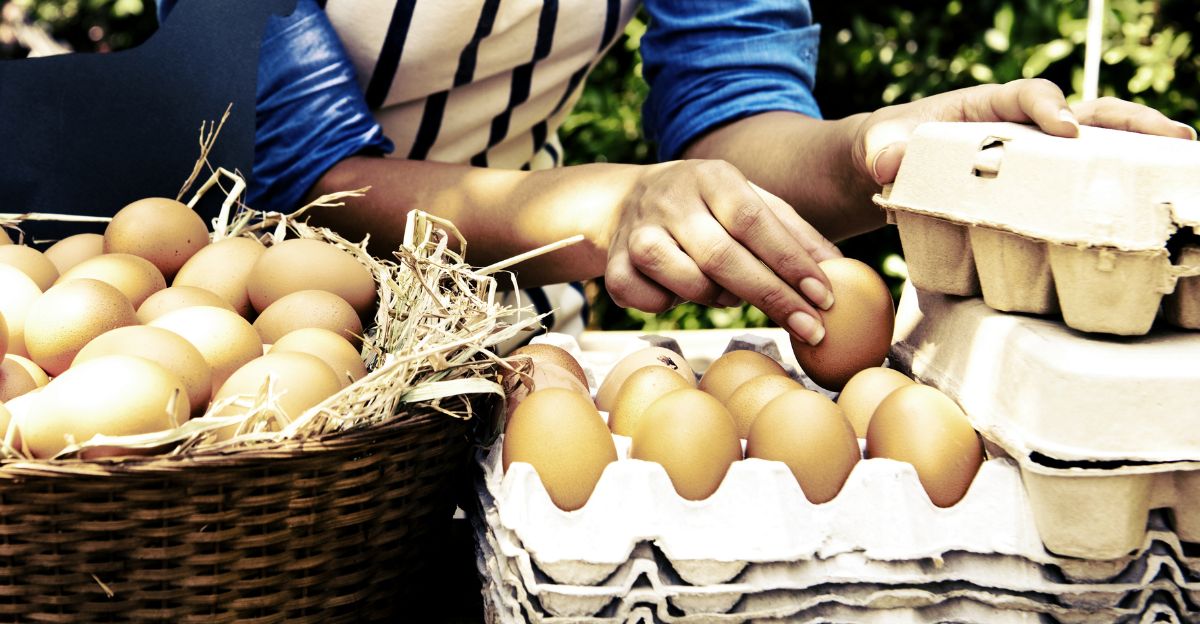
You may not step foot on a farm, but you’ll taste its crisis. Every bite of food comes with a cost—and that cost just went up.
Support local agriculture. Stay informed. Push for humane, balanced immigration policy. Because the scariest thing about this story? It’s only just beginning.
Discover more trending stories and Follow us to keep inspiration flowing to your feed!

Craving more home and lifestyle inspiration? Hit Follow to keep the creativity flowing, and let us know your thoughts in the comments below!
